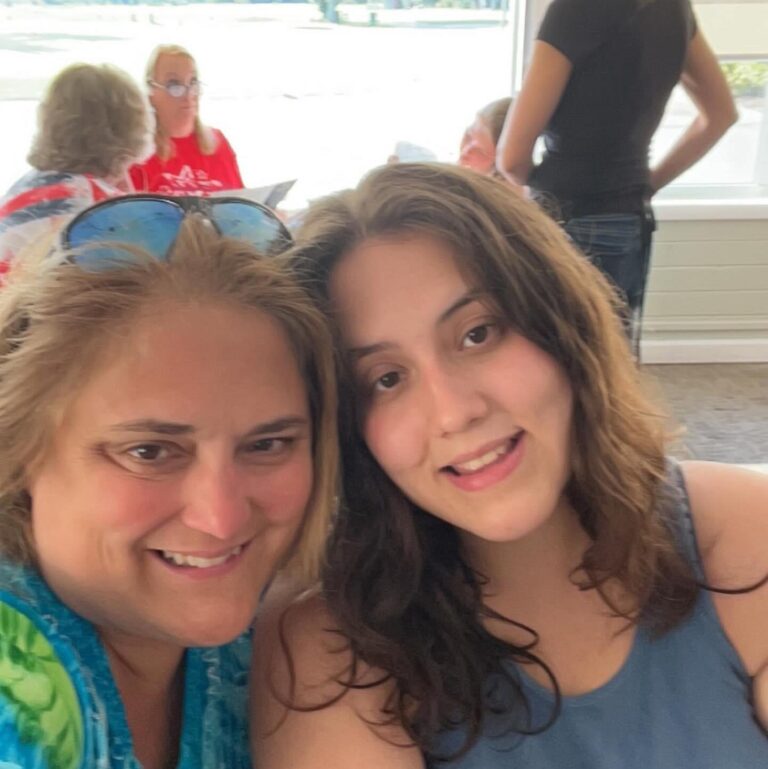The phrase “tell me more” holds significant power in parenting. When parents employ this simple yet empathetic request, it opens the door for open communication between them and their children. By inviting their children to share their thoughts, feelings, and experiences, parents create a safe space where trust can flourish. This phrase demonstrates active listening, showing children their perspectives are valued and respected. Through open dialogue, parents gain valuable insights into their child’s world, enabling them to understand their emotions and challenges better. Moreover, it fosters a strong emotional bond between parents and children, reinforcing the sense of security and support essential for healthy emotional development. In this way, “tell me more” becomes a powerful tool that not only encourages communication but also strengthens the parent-child relationship, laying the foundation for a lifetime of trust and understanding.
Similar Posts

Raising Kids: It’s Terrifying and Wonderful
This post is an open letter from my wife to my daughter’s supervisor. We’ve never met her, but we have heard some statements and questions from her through our daughter. Dear Kendra’s Supervisor, I have heard that you want to meet us. Kendra has mentioned how highly you speak of her. Her charisma, love for…

How to Make Conflict a Path to Stronger Love
Most people avoid conflict, seeing it as a threat to their relationships. But what if conflict is the key to deeper intimacy? This milestone episode of The Joe Martino Show explores how healthy conflict can strengthen your connection, build trust, and create lasting love. Joe breaks down practical strategies for handling disagreements with intention, setting…
Let’s make the world a better place by listening and learning.
I'd like to think that we all want to listen to each other. I would like to believe that almost everyone I meet wants to be an excellent listener. And yet the chaos of our world often feels overwhelming. It can often seem like everywhere I turn, I see people who are not listening Even…
Joe Knows. The Vacation Question
Here's our first answer for Joe Knows. The original post can be found here. Joe Knows is your chance to ask a therpist any question you want to ask but don't want to pay to find the answer. Here’s how it works: People submit a question. A question is chosen at random by someone associated…

The Surprising Reason You’re Still Stuck (And How to Break Free)
Today, we seem to spend so much time, energy, and effort chasing insight. Almost anytime that you engage in psychotherapy or counseling, someone will inevitably bring up the idea of having to look into your childhood to figure out why you do what you do. The idea seems to be that we need insight to…
If you had a friend that talked to you like you do, would you still be friends?
You’re not an idiot because something bad happened like you lost $100 that you can’t afford to lose. You’re not shameful because someone molested or raped you as a child. You didn’t deserve to be raped because you were drunk at a party. Your worth isn’t diminished because your father didn’t know how to adequately love you. You’re not worthless because your mom took every chance she could to remind you that you were an accident that wasn’t planned.
I do not believe you are an accident. I do believe you have worth.
